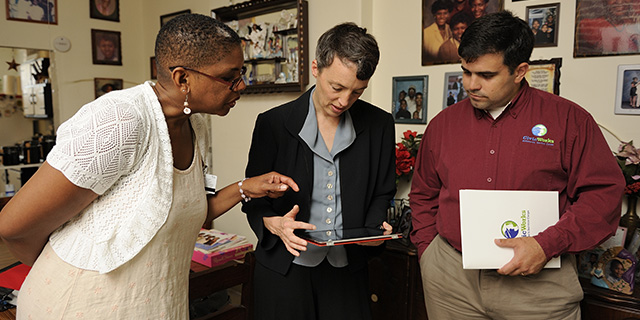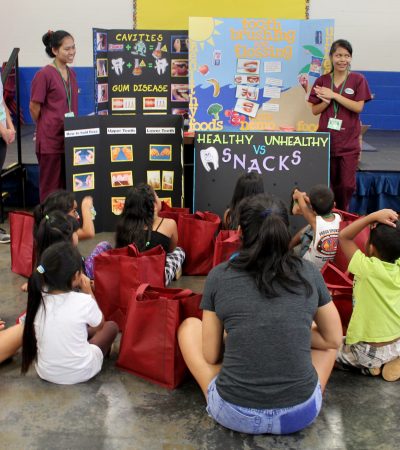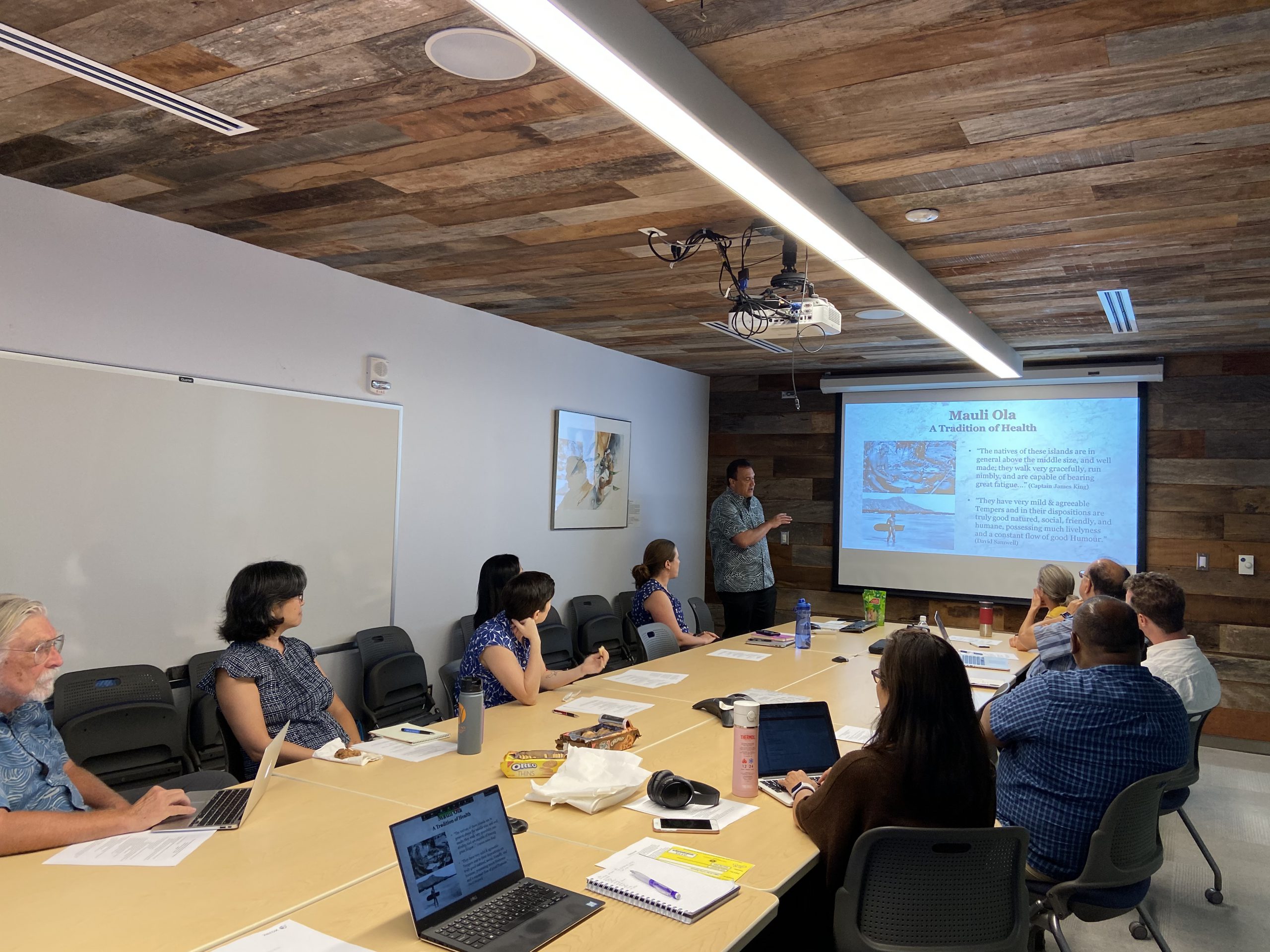Submitted multiple grant applications to advance Healthy Aging through Proposals for Community Aging in Place--Advancing Better Living for Elders (CAPABLE) State-based Hub
The CAPABLE model is an evidence-based program to help low-income older adults safely age in place through interprofessional home visits to improve seniors’ function. This innovative approach, developed at the Johns Hopkins University School of Nursing (JHUSON), brings together a registered nurse (RN), an occupational therapist (OT), and a handyworker to conduct in-home assessments of older adults’ medical and functional needs and the physical aspects of their home environments and to support behavioral and environmental interventions to address those needs.
The UH System, through the UHealthy Hawaiʻi initiative, seeks to become a state-based hub to support the implementation and expansion of the CAPABLE program throughout Hawaiʻi in a culturally competent way. In addition to the Office of Strategic Health Initiatives, UH has multiple engaged partners, including the UH Center on Aging (Myron B. Thompson School of Social Work) and the School of Nursing and Dental Hygiene (UH Mānoa), as well as the Hawaiʻi State Department of Health’s Falls Prevention Branch. Community sites that have expressed interest in implementing CAPABLE include Papakōlea (Oʻahu) and Kokua Kalihi Valley Health Center (Oʻahu). Funding is still being sought for these initiatives.

Photo credit: JHUSON’s CAPABLE website


